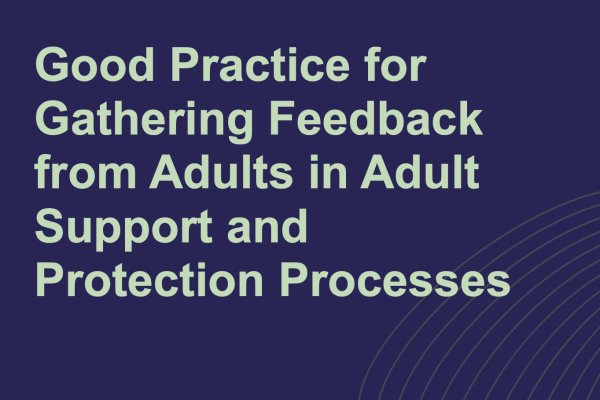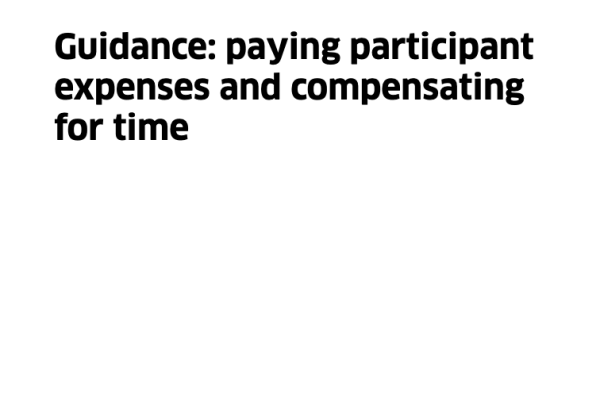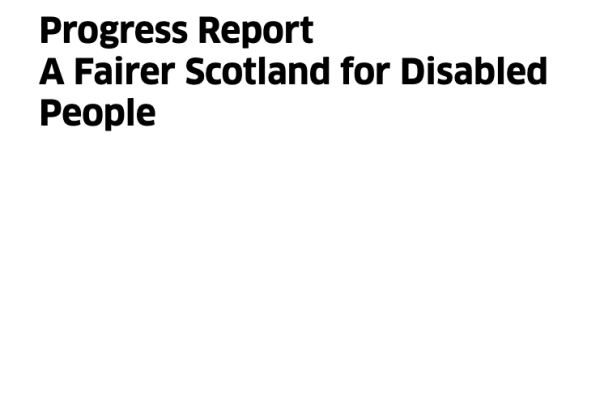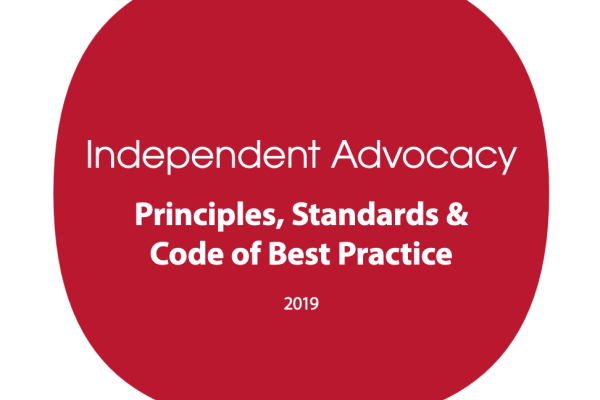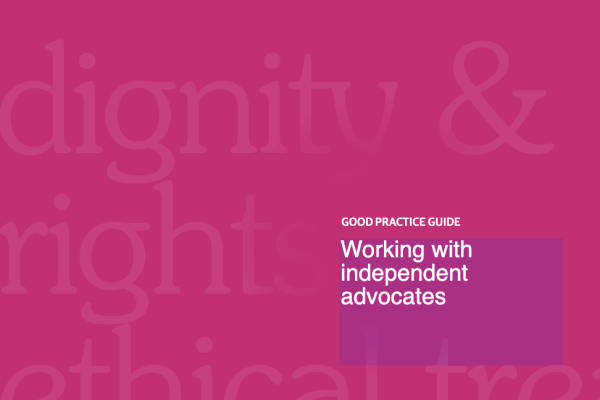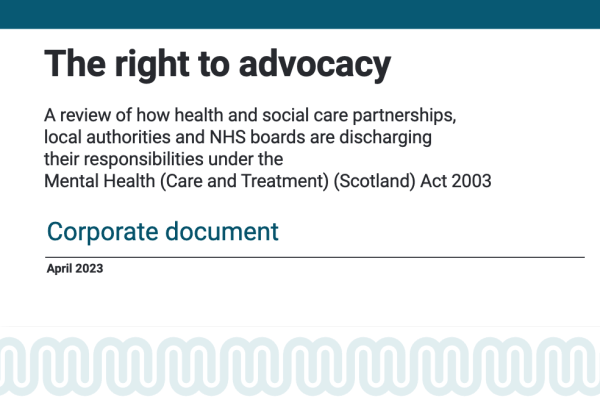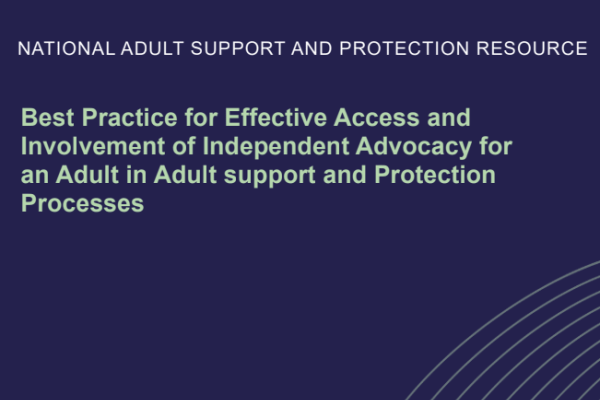Good practice for gathering feedback from adults in Adult Support and Protection processes
This document offers good practice guidance to support Partnerships in developing systems for gathering feedback from adults at risk (and their significant others) on their experience of being involved in Adult Support and Protection.
